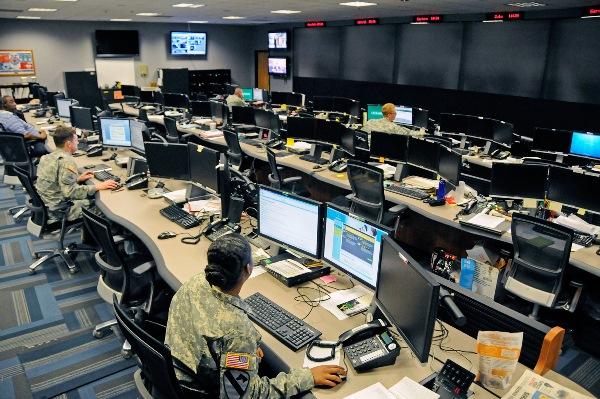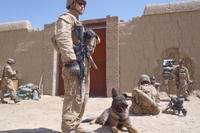U.S. Army modernization officials said Monday that the service must start training soldiers to survive a cyberattack on the battlefield.
"We must be able to understand what can happen to our systems through a cyberattack, and what is the enemy's capability and how do we counter that," Gen. Gustave "Gus" Perna, commander of Army Materiel Command, told an audience at the Association the United States Army's annual meeting in Washington, D.C.
"We need to face that with some stark reality, and we better do it quickly or we are going to have systems on the battlefield that we are not going to be able to operate despite the supply chain or the training of our soldiers."
Perna took part in a forum with government and industry officials to discuss modernization as it relates to the threat of potential, near-peer enemies.
Katharina McFarland, assistant secretary of the Army for acquisitions, logistics and technology, echoed Perna's concern, that the service needs to provide soldiers with the confidence to know how to fight through a cyberattack.
"We are going to have to teach them how to deal with a cyberattack," McFarland said. "How do you think in the time of austerity, in the time of war, to have that speed to know what to do; to be able to maintain the most important capability that you need to have?
"Cyber is not the same as having a big gaping hole in the side of your aircraft," she said. "It's a big deal; they have to have the confidence to know how to come out on the other end."
McFarland, who succeeded Heidi Shyu in the Army's top acquisition post in February, plans to retire Nov. 1, citing medical reasons, Politico reported.
The Army is not alone in its concern. Other services are widening their focus on how to prepare their personnel and weapon systems to deal with cyberattacks from potential adversaries such as Russia.
The commander of Air Force Materiel Command recently laid out the service's plan for ensuring attack aircraft and other weapon systems are secure from cyberattack.
In January 2015, the service established the Cyber Resiliency Steering Group and developed a lengthy plan of attack to ensure weapon systems are cybersecure, said Air Force Gen. Ellen Pawlikowski.
Editor's Note: This story has been updated to correct Gen. Perna's rank and job title.
-- Matthew Cox can be reached at matthew.cox@military.com.































